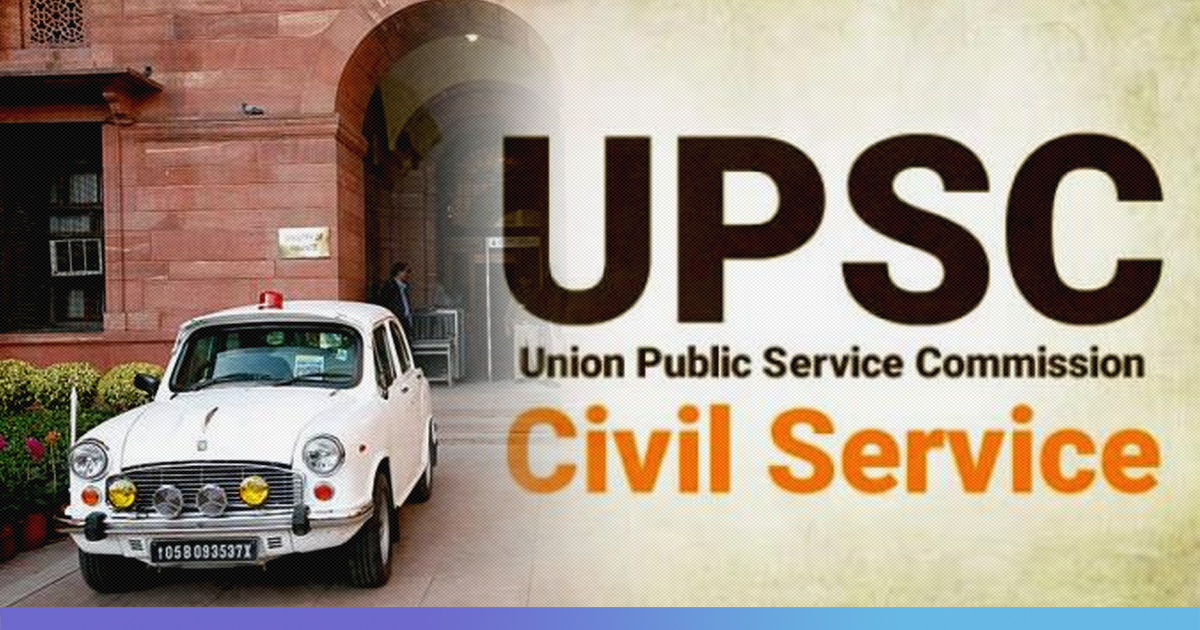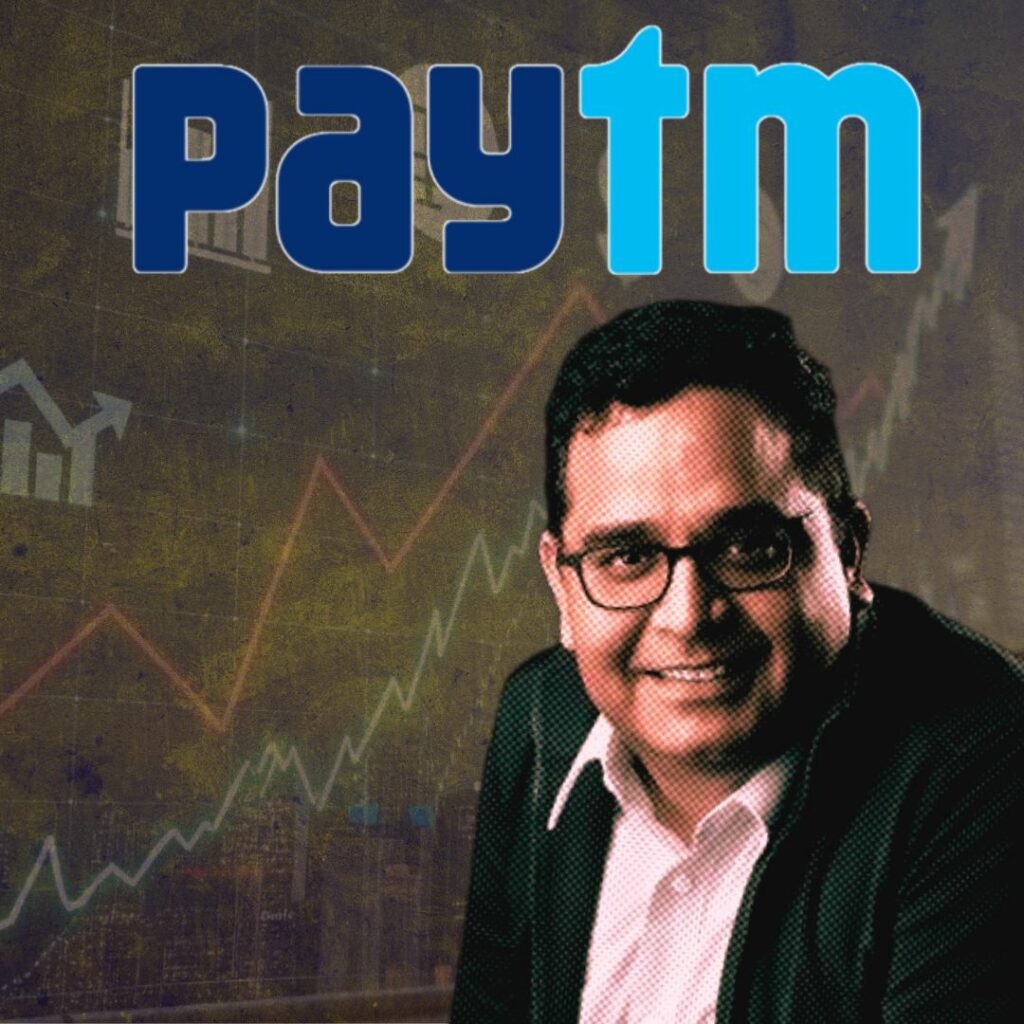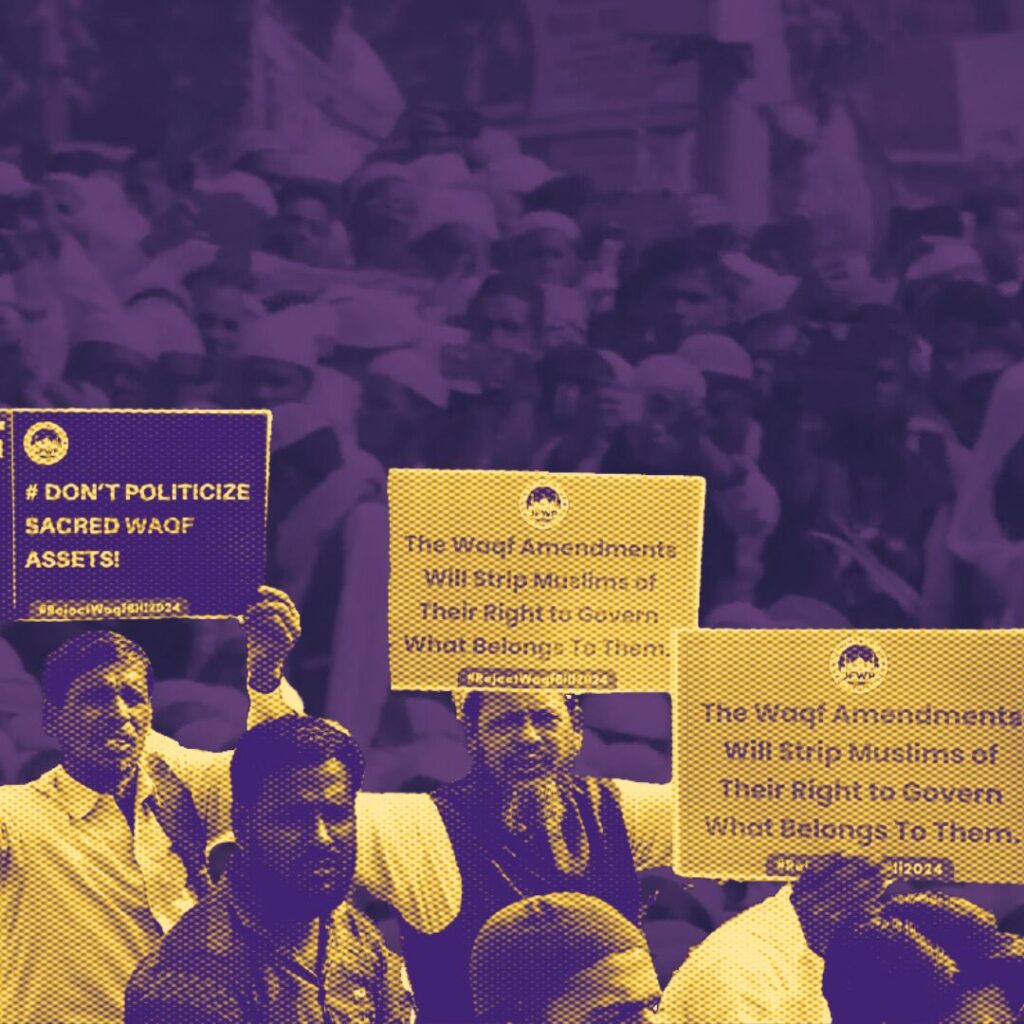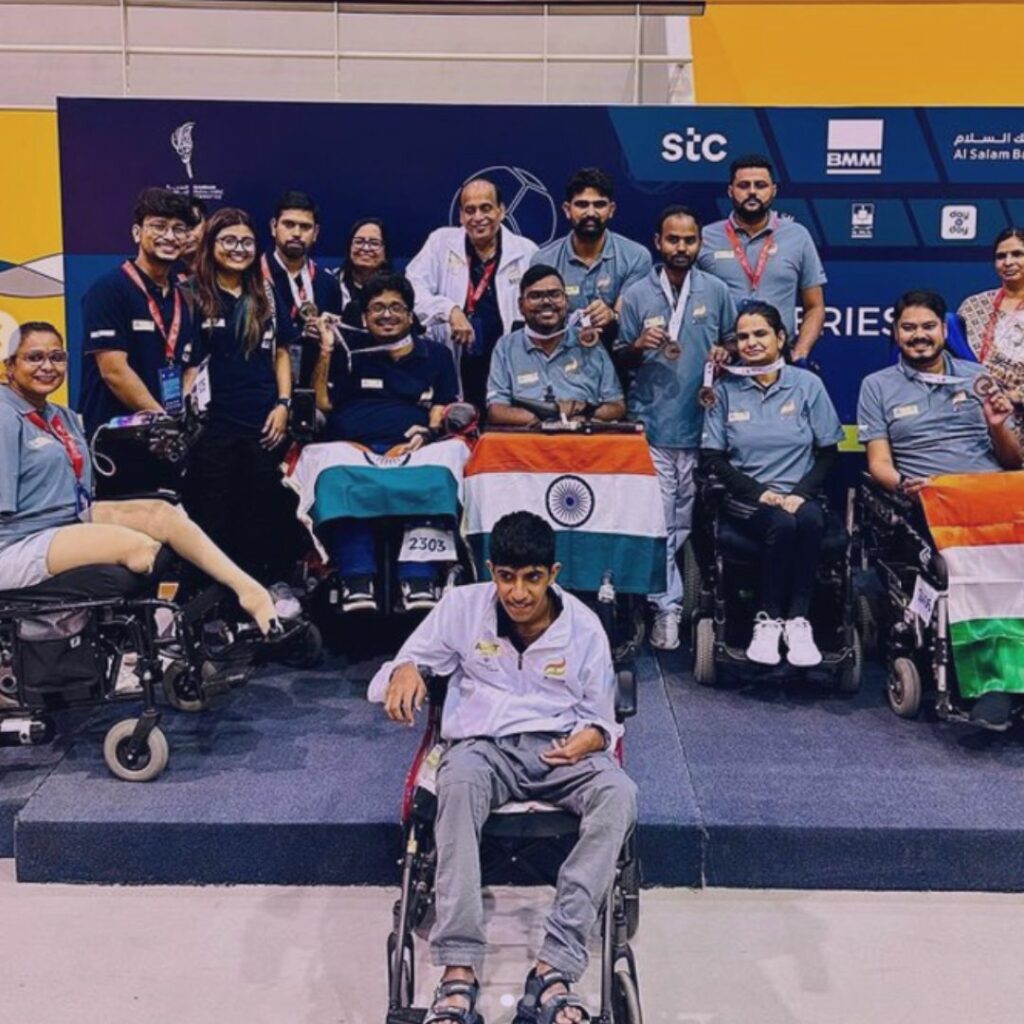The government has finally appointed nine officers through lateral entry as joint secretaries in various ministries on April 12. The government has appointed Dinesh Dayanand Jagdale, Amber Dubey, Sujit Kumar Bajpayee, Arun Goe, Rajeev Saksena, Saurabh Mishra, Suman Prasad Singh, Bhushan Kumar, and Kakoli Ghosh. Of these, Jagdale is Director and CEO at Panama Renewable Energy Group, whereas Dubey heads the aerospace and defence vertical at KPMG.
Final Nod Awaits
However, these nine officers have to receive clearance from the Election Commission before joining their department, reported The Business Standard. Apart from the election watchdog, the Department of Personnel and Training (DoPT) is also set to check similar checks before the selected join respective departments Unlike members of the permanent civil service, these candidates will hold their post on a contractual basis. The Business Standard has reported that a UPSC source has confirmed that the DoPT will serve the appointment orders to these officers.
What were the posts?
The posts for which they are appointed are financial services, revenue, economic affairs, road transport and highways, forest and climate change, civil aviation and commerce departments, and new renewable energy. In December last year, the government has handed over the duty to select the candidates to UPSC.
How many applied for these 10 posts?
As many as 6077 candidates have shown interest for 10 joint-secretary posts in select government departments. The advertisements for filling up the applications were posted on various newspaper by the government. Aspirants had the opportunity to submit their applications online between June 15 and July 30, 2018. The advertisement carried that the selected candidates will also be given allowances and facilities as applicable to the post of JS, in addition to a salary in the range Rs 144200 – 218200 per month (Level 14 of the pay matrix).
Why did the government choose to take the lateral entry route?
Till now, clearing UPSC and joining elite services like IAS, IPS, IFS, IPS was the only way one could become a Joint Secretary, after years of exemplary work record. This move is being attributed to a shortage of senior civil servants. However, the critics are of the opinion that the lateral recruits will not be able to make any significant contributions and the move might increase corruption.
However, according to Business Standard, in a written reply to Lok Sabha, Minister of State for Personnel Jitendra Singh while citing names of prominent personalities in the different government positions who had been appointed through lateral entry has said, “No adverse effect on the morale of the civil servants has resulted from lateral recruitments.”
Reportedly, the Sectoral Group of Secretaries (SGoS) in February of 2017 had submitted a report which stated that due to a reduction in recruitment between 1995 to 2002, there is a shortage of officers at the Joint Secretary, Director, Deputy Secretary levels. Singh said that the decision to undertake lateral entry was based on the recommendation of SGoS.
On the other hand, the number of seats in the UPSC civil service exam has been reduced by 40% in the last five years. In May, a proposal by PMO was sent to ministries regarding changing the procedure of cadre and service allocation process of UPSC. A move which was seen by many as undermining the constitutional body, UPSC, and as government interference.
Also Read: Central Government Opens Lateral Entry For Bureaucrats; Ten Posts Of Joint Secretary Notified










